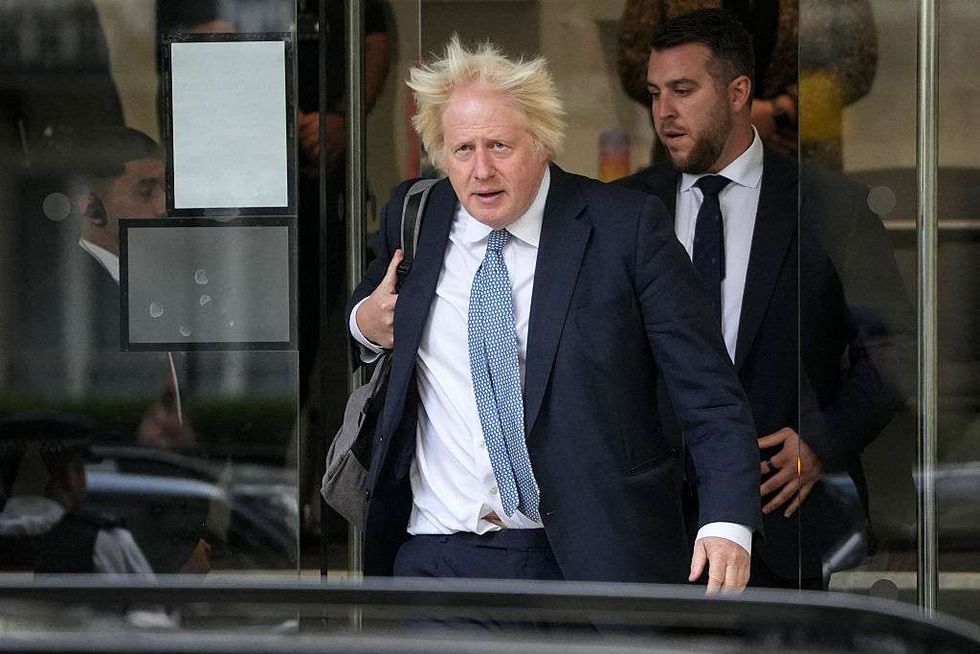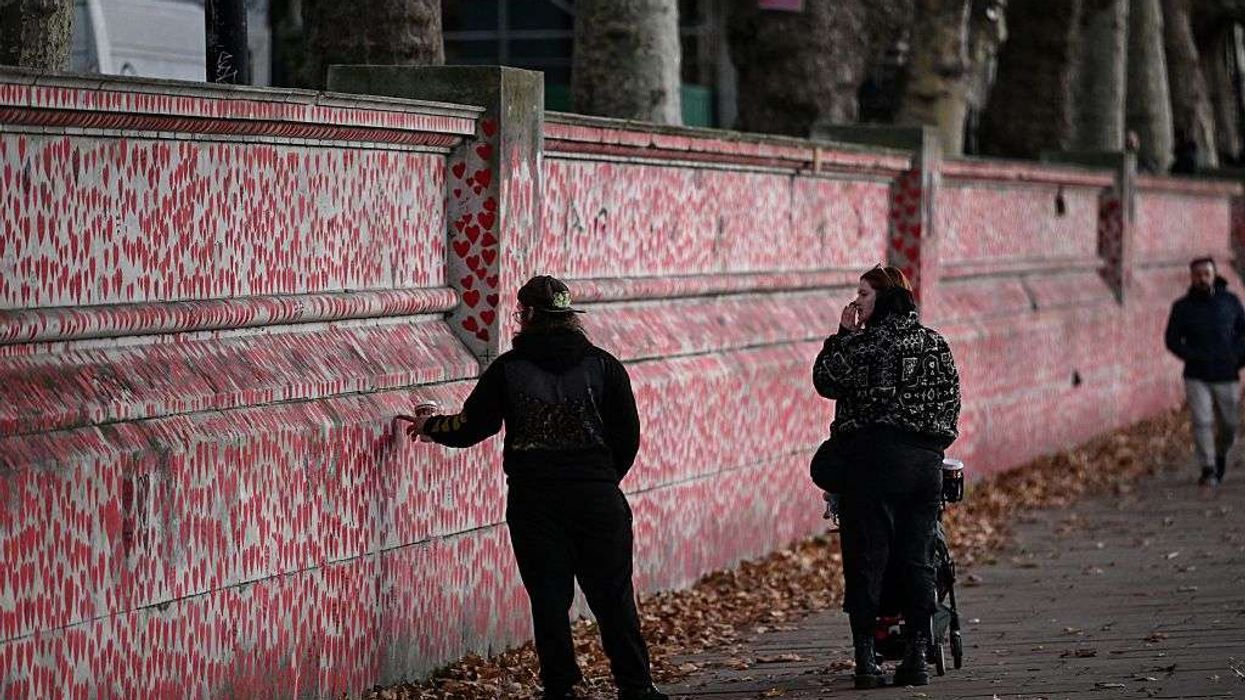BANGLADESHI and Pakistani communities were among those hit hardest by the Covid-19 pandemic, according to new findings from the UK Covid-19 Inquiry.
The report, published on Thursday (20), said the crisis “dramatically expanded” existing racial inequalities, leaving these groups more exposed to harm and less protected by government decisions.
It also said that about 23,000 deaths could have been prevented in England if the first Covid-19 lockdown had been introduced sooner at the start of the pandemic. The landmark report also slammed a "toxic" and misogynistic culture at the top of government.
According to the report, long-standing inequalities for Bangladeshi and Pakistani groups deepened as the pandemic unfolded. It noted that earlier official assessments had played down the level of risk these communities faced. The Inquiry revealed that the true impact was far more serious.
The second report from an inquiry into the UK response to the Covid-19 pandemic also identified a wider pattern - ethnic minority groups as a whole were disproportionately affected.
The findings linked this to socio-economic pressures, such as crowded housing, frontline jobs and limited access to support, which put many minority families at higher risk of infection and hardship.
Inquiry chair Heather Hallett said there was a "serious failure" by the government to "appreciate the level of risk and the calamity that the UK faced and the need to inject urgency into the response".
The report also criticised the government led by Boris Johnson for a "lack of urgency" in the early days of the pandemic in 2020, adding the lockdown was "too little, too late".
According to the findings, inequalities for disabled people and ethnic minorities grew during the pandemic. It confirmed that the Inquiry will examine the experiences of ethnic minority groups in future evidence modules, alongside other vulnerable groups such as children and women.
The Inquiry’s overview of political decision-making during the pandemic also said that some ethnic minority groups faced a higher risk of dying from Covid-19, with socio-economic factors playing an important role. It said that vulnerable and disadvantaged people were hit hardest by both the virus and lockdown restrictions, adding that impact on those already facing inequality was not properly considered when key decisions were made.

"Had the lockdown been imposed one week earlier than March 23, the evidence suggests that the number of deaths in England alone in the first wave up until July 1, 2020 would have been reduced by 48 percent," Hallett, a retired senior judge said.
The inquiry chair called February 2020 a "lost month", adding that if restrictions had been introduced sooner, the mandatory lockdown could have been shorter, or "might not have been necessary at all".
The report also criticised "repeated" failures and delays in introducing sufficient restrictions to control subsequent Covid-19 waves.
However, the report -- the second in a series from the independent inquiry -- rejected claims that the government was wrong to implement the March 2020 lockdown.
"Without it, the growth in transmission would have led to an unacceptable loss of life," the report said.
The UK suffered one of the worst Covid-19 death tolls in Europe, recording more than 128,500 fatalities by mid-July 2021.
More than 226,000 people have died from Covid in Britain since the start of the global pandemic in early 2020.
Johnson, who was prime minister from 2019 to 2022, has been criticised on various fronts for the pandemic response, including a lack of preparedness and failing to have enough protective equipment for frontline staff.
The report found a "lack of trust" between Johnson and leaders of Wales, Scotland and Northern Ireland, which have devolved public healthcare systems, as well as a "toxic" culture in government.
"At the centre of the UK government there was a toxic and chaotic culture," the report stated, adding the cabinet was "often sidelined in decision-making" and women's voices "often went ignored".
The report singled out the "destabilising" behaviour of Johnson's former top aide Dominic Cummings, slamming the former prime minister for failing to tackle the "toxic culture", and "at times, actively encouraging it".
During inquiry hearings last month, Johnson said he regretted the impact of the government's decisions on children, especially the "nightmare" school closures.
The first inquiry report published in July 2024 found that UK ministers and officials had been woefully underprepared for a global pandemic.
In a statement, a group representing families who lost loved ones during the pandemic slammed the government's "catastrophic mishandling".
"We now know that many of our family members would still be alive today if it weren't for the leadership of Boris Johnson and his colleagues," Covid-19 Bereaved Families for Justice UK said.
The report recommended changes including reforming decision-making structures during emergencies and improving consideration of the impact of decisions on vulnerable groups.
UK public inquiries are government-funded but have an independent chair. They investigate matters of public concern, establishing facts about what happened, why and what lessons can be learned.
They do not rule on civil or criminal liability, and any recommendations are not legally binding.
The Covid-19 inquiry is scheduled to wrap up hearings in 2026.
(with inputs from Agencies)





